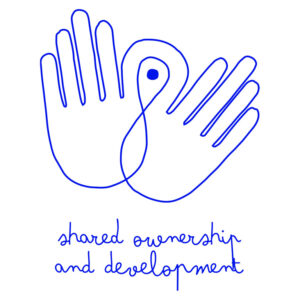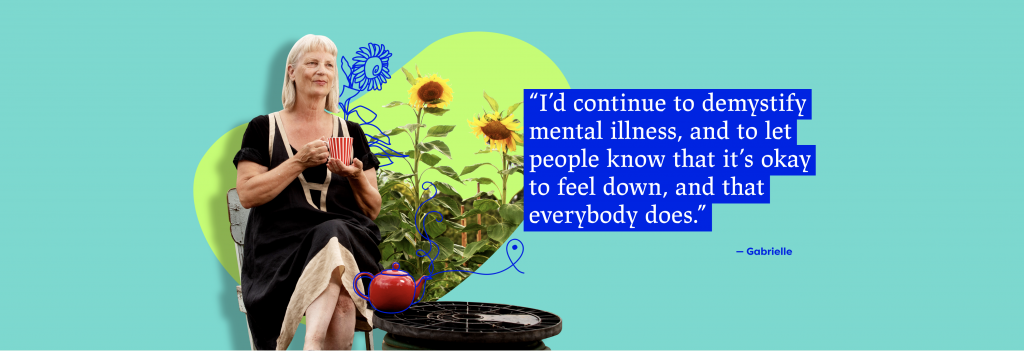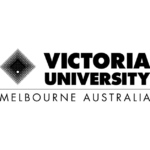Blueprint for Better Health

Our Blueprint for Better Health is a step towards better mental health care in the region, including better services for alcohol and other drugs (AOD) and suicide prevention.
We produced it in 2019–20, consulting more than 700 people to map what was working, and what wasn’t, according to those with direct experience of mental illness and related support services.
Visit the Blueprint website to learn more and download the report.
We are now working with the community and service providers to build on what we have heard in the Blueprint, fill any gaps and create a detailed action plan to address these. Our aim is to improve access for, and the experiences of people using mental health, AOD and suicide prevention services in our region. View our commissioned activity pages to learn how we’re responding.
Our approach
People first
We knew that genuine engagement with and participation by a broad range of groups, providers and individuals would be crucial to capture the needs and experiences of our community.
We were amazed and humbled by the willingness of people from all walks of life to not only be part of the process, but to share their stories and experiences openly.
The process prioritised the voices of people with lived experience of mental illness, alcohol or other drug issues or suicide, and their families and friends. It also helped us to effectively incorporate the perspectives of people from culturally and linguistically diverse, LGBTIQ and Aboriginal and Torres Strait Islander backgrounds.
Find out more about who is involved.
See where we started the journey: #CroakeyGO.
What we learned
Overall, what we learned from the community was in-line with the findings of current reviews into the mental health system, such as the interim reports of the Royal Commission and the Productivity Commission inquiries. Commonly cited barriers included that the system:
- is fragmented and difficult to navigate
- is expensive
- is under-resourced
- has significant service gaps (especially in the non-crisis phase)
- is poorly designed (considers the structure rather than the person)
- makes it difficult for people to be heard.

Local resident Gabrielle contributed to the development of the Blueprint. She said that she wants people to know that it’s okay to talk about mental illness and to feel down sometimes.
“I also think money should be spent on green spaces, places where people and society can meet,” Gabrielle says.
Five key opportunities for improvement
After extensive community consultation, testing ideas and looking at other available data and reports, five key areas were identified where reforms to mental health, suicide prevention and alcohol and other drugs services would be most effective:
- Improve service integration. Improve coordination of services, and the ways in which services work together. This could include innovative models of care.
- Build community and workforce capacity. Help our workforce and community respond to distress appropriately, using concepts such as cultural safety and trauma-informed practice.
- Enable accessibility in the system. Improve accessibility across the system and ensure services meet individual needs.
- Strengthen supportive networks. Help people develop stronger, more supportive personal networks.
- Enhance data capability. Work towards data that is more transparent, reliable and useful.
The next stage
The Blueprint findings will be used to inform commissioning intentions that support improvements to better integrate the mental health system. The aim is to identify opportunities that encourage integrated care through service delivery models that are able to respond to the holistic needs of populations across north and west Melbourne.












